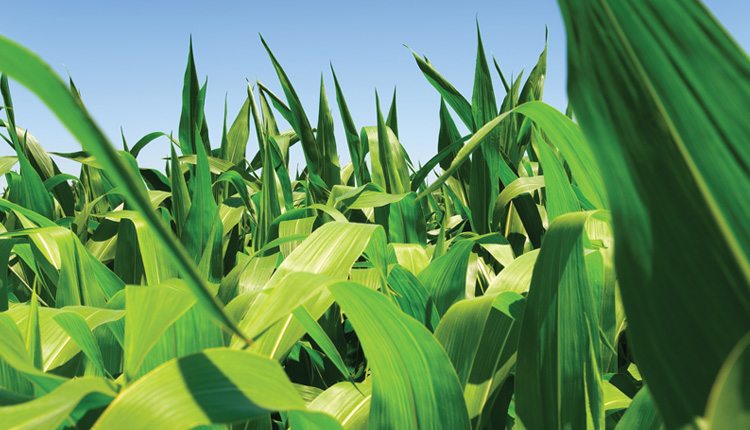NCGA’s Corn Yield Contest Pushes the Boundaries
Randy Dowdy of Valdosta, Georgia, hit an all-time high yield of 503 bushels per acre in the National Corn Growers Association 2014 National Corn Yield Contest, now in its 50th year. Of the more than 8,000 entries, six entrants surpassed 400-plus bushels of corn. Advanced production techniques, informed growing practices and improved seed varieties helped corn growers achieve these high yields.
“While this contest provides individual growers a chance for good-natured competition with their peers, it also advances farming as a whole,” says Don Glenn, NCGA chairman of the Production and Stewardship Action Team. “The techniques and practices contest winners develop provide the basis for widely used advances that help farmers across the country excel in a variety of situations, including drought. This contest highlights how innovation, from both growers and technology providers, allows us to meet the growing demand for food, feed, fuel and fiber.”
“We are on the cusp of seeing incredible advancement in the use of robotics and sensors supporting agriculture in this country.”
— Sonny Ramaswamy
Advancing Robotics to Improve Production Agriculture
The U.S. Department of Agriculture’s National Institute of Food and Agriculture (NIFA) announced the release of $3 million worth of grants to advance the use of robotics in American agriculture production. “We are on the cusp of seeing incredible advancement in the use of robotics and sensors supporting agriculture in this country,” says Sonny Ramaswamy, NIFA director. “These technologies, which are components of the ‘internet of agriculture things,’ have the ability to make agriculture production more efficient, saving time and money — benefits that can be passed on from producers to consumers.”
The four grants are part of the National Robotics Initiative, a federal research collaboration of NIFA, the National Science Foundation, the National Institutes of Health, the National Aeronautics and Space Administration and the Department of Defense.
Coalition Launches Growing Matters













